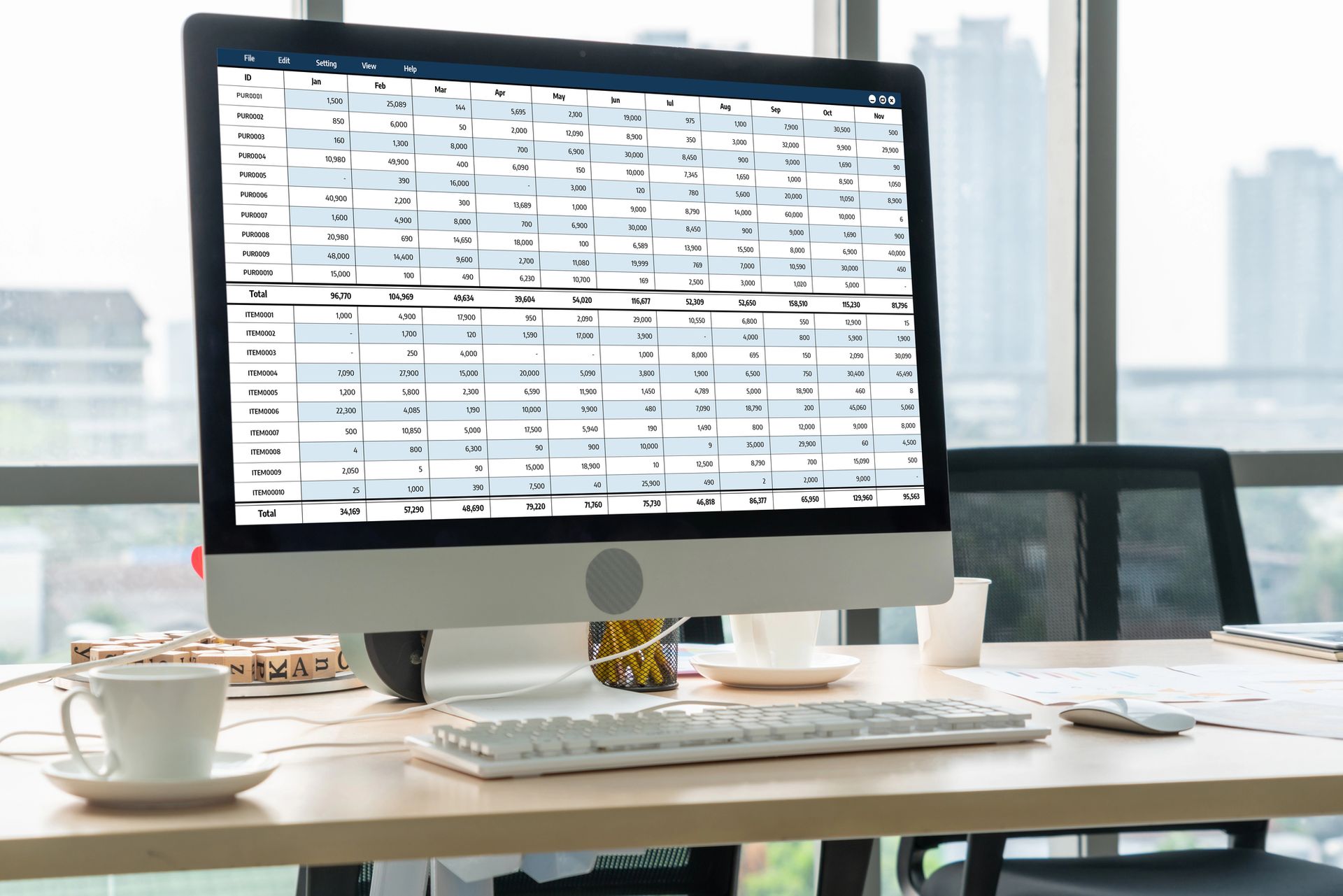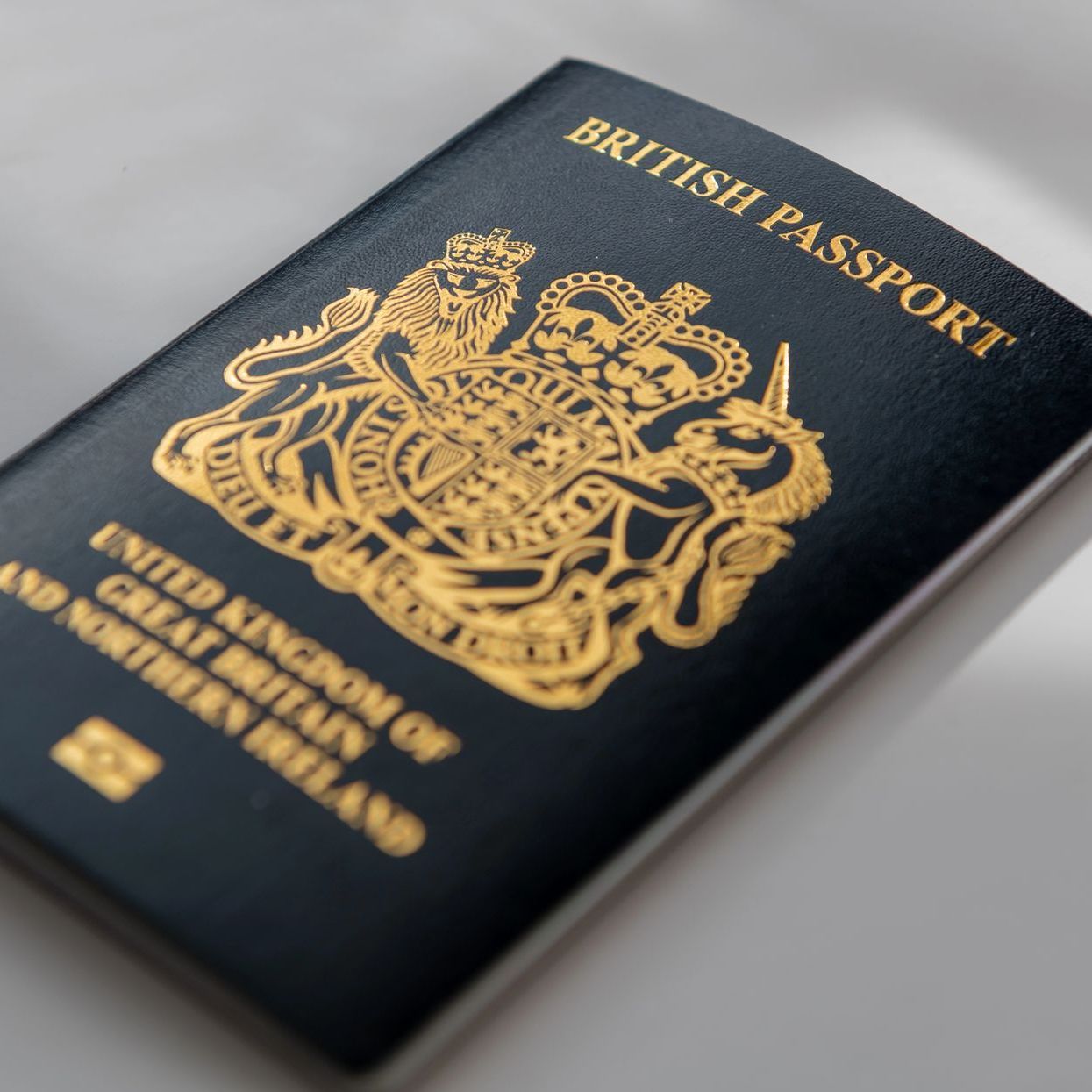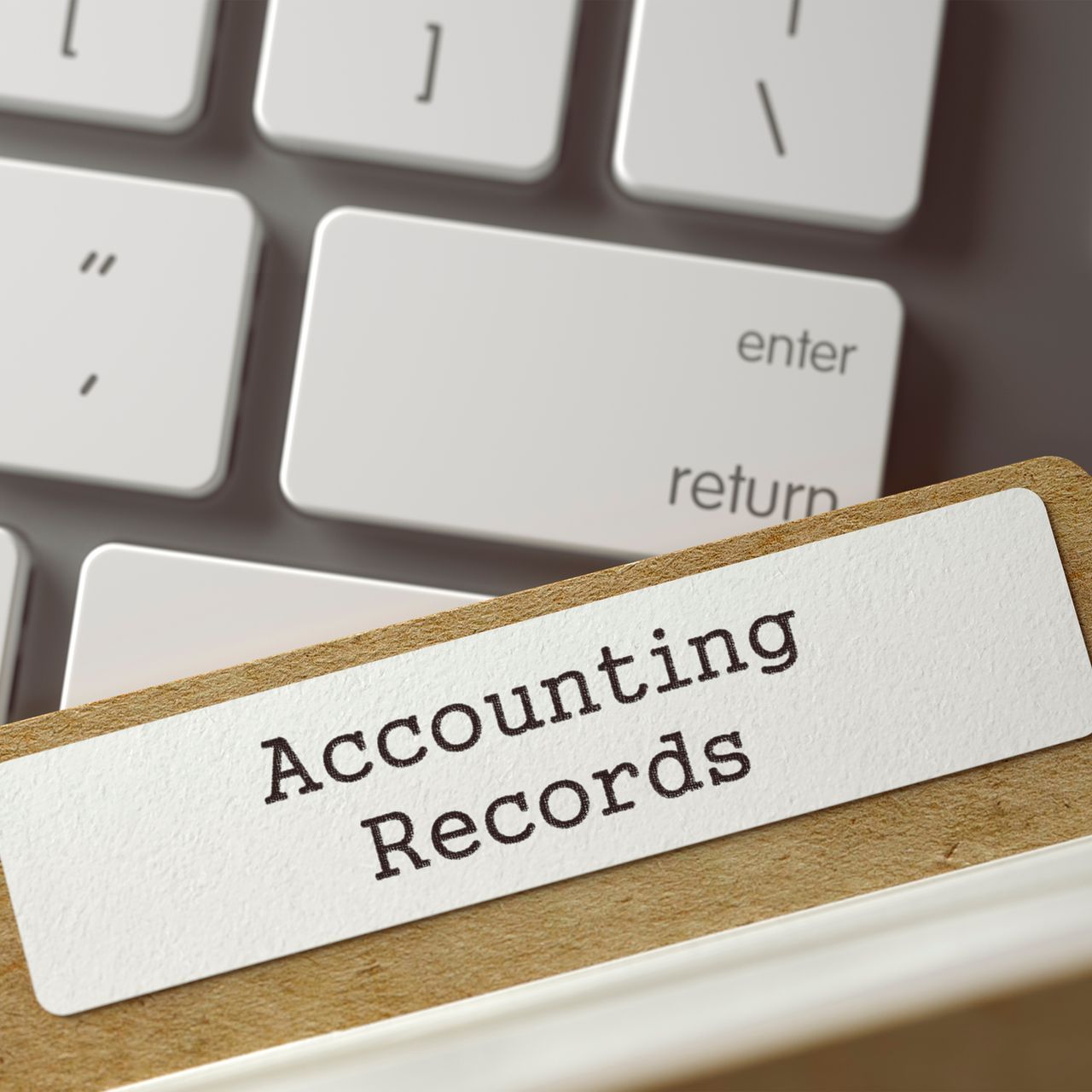Help! I can’t access company information at Companies House and HMRC!
Laura Arbuckle • November 29, 2019
It is not unusual for people to get their accountant or a company formations site to set up a limited company for them. They may even choose to have their registered office address at their accountant’s office so that their home address is not on the public record. When this is the case it is especially important that you have the means to maintain your company information yourself.
While you may outsource this work to your accountant, you need to prepare for the possibility of them not being available when you need them. This is an unlikely scenario, but if it does arise, you may not get much warning – ill health, family emergency or a breakdown in your relationship with them could arise.
If you don’t maintain the ability to access your own company, then you may find it difficult to move to a new accountant or service HMRC and Companies House requirements yourself should you need to.
There are some key pieces of information that you need to keep accessible, to safeguard for this eventuality.

Keep your Company Authentication code safe
Your company authentication code is the 6-character code that allows you to keep everything for your company up to date with Companies House online. Without this code you won’t be able to log in online to file your annual confirmation or send in your accounts easily.
If you lose the code, you can ask Companies House to send it out again, but they will send it to your registered office address, which you may not be able to access.
If you no longer have access to the mail at the registered office address, you will need to change the address using the form here. Only once the change has gone through after approximately 2 weeks will you be able to request the authentication code to be sent out to you again.
Maintain online access to all your company taxes through your own Government Gateway account
Once you have managed to regain access to your company at Companies House, you will need to ensure that you can access all your corporation tax information at HMRC.
If you set up your own company you will set up a Government Gateway account as part of the process. If someone else sets it up for you, you will need to register for an account here. Once you register for an account, HMRC will send out a code that you need to use to activate your account. The code will be sent to the registered office address.
You can add in VAT and PAYE so that you can access it all from the one account. However, all of this takes at least 2 weeks to arrange so it is a good idea to set it all up when you register the company and keep the login details safe. This way you are able to ensure that you are able to take control of the company yourself if need be, even if you choose to delegate it to someone else.
If you don’t know your UTR number, you can ask HMRC to send it out to you using the link here. Again, it will be sent to your registered office address so ensure you have access to the mail. HMRC will update the registered office address from Companies House but it may take a week or two to transfer over. This means that by the time you change the address and request the UTR to be sent out it could take several weeks to receive a note of your UTR number from HMRC.
Keep a note of all your company tax reference numbers
Your new accountant is going to need a lot of information from you before they can get up and running. This includes the company unique taxpayer reference number, the VAT registration number, your PAYE reference number and your accounts office reference number. You need to make sure that you have a note of all these pieces of information so that you have them to pass to your chosen accountant, so be sure to keep them safe and accessible.
If you don’t have a note of your tax references, you can log in to your Government Gateway account to get them. Again, if you don’t have an account it will be a 2-week process to set one up and possibly even longer if you need to change the registered office address first.
On receipt of these reference numbers, the new accountant can request authorisation from HMRC. HMRC then send out a code to your registered address for you to pass to the accountant. When you pass the code to them, they can use the code to become authorised. Only at this stage can they submit tax returns for you.
Delegate but maintain access
Running a company is not an easy task and most people choose to delegate the administration of it to an accountant. Your relationship with your accountant can break down for many reasons including illness or even death. Directors should ensure that they are able to access the both Companies House and HMRC to ensure they can take control quickly if they need to.
If you don't already have access to these pieces of information for your company, speak to your accountant and make sure you can access everything you need to.

If your company provides you with a traditionally fuelled car for personal use, it can be a very expensive way to fund your vehicle. However, if your company provides you with an electric car that you can use personally instead, the tax tends to be substantially lower than for traditional vehicles and there are incentives for the company as well.

My residential landlord clients would probably tell you that they are fed up of hearing about HMRC’s latest requirements for reporting Capital Gains Tax. At every accounts review meeting I make sure they are fully aware that in the event they sell their residential rental property, they must complete a return and pay any tax that is likely to be due within 60 days of the sale being agreed.

If you are juggling your work-life balance, we can help you to find more time for yourself by helping you with your self-assessment return. You may be wondering how that might work in practice. I can’t speak for every accountant or payroll operator but in this blog post I describe how the process works at Armet Accounting.







